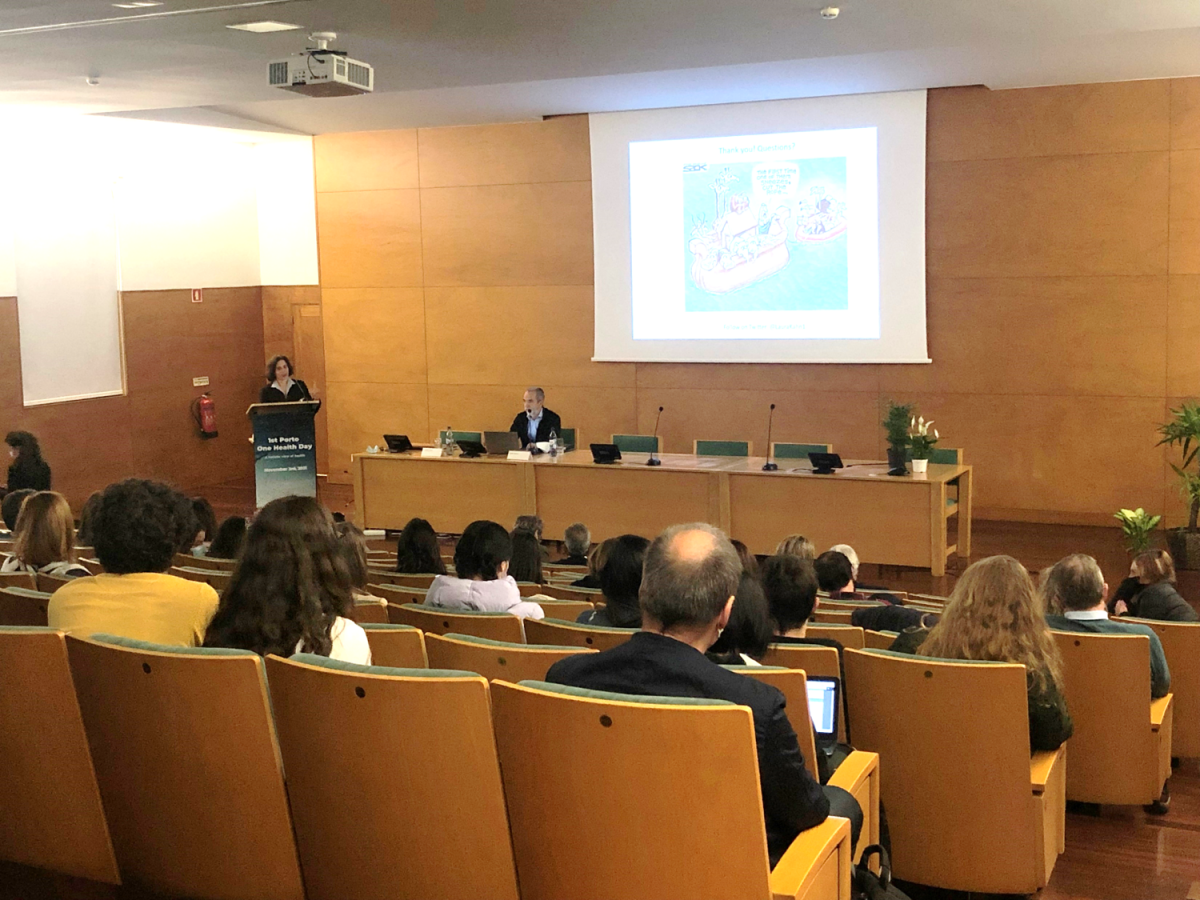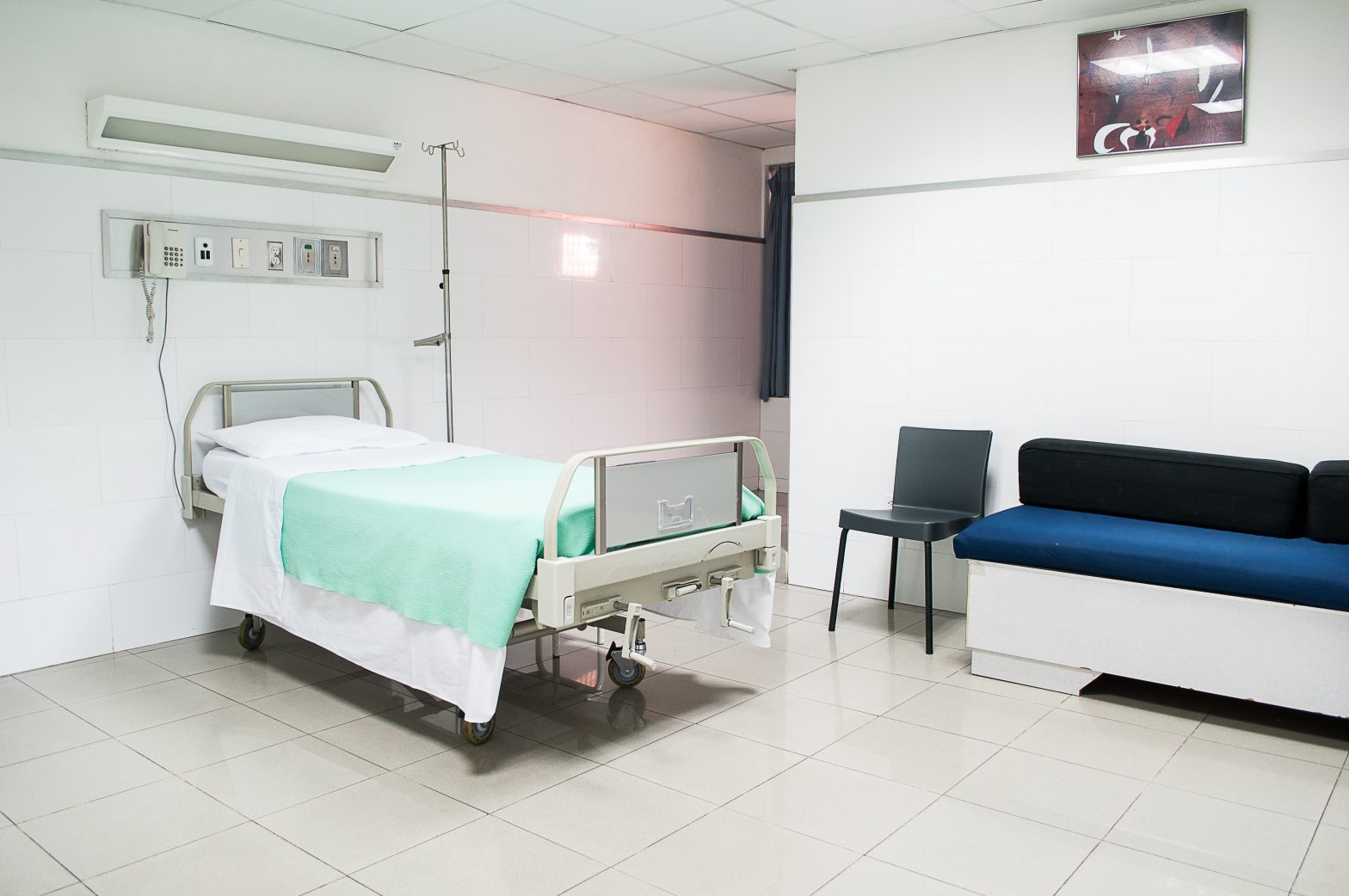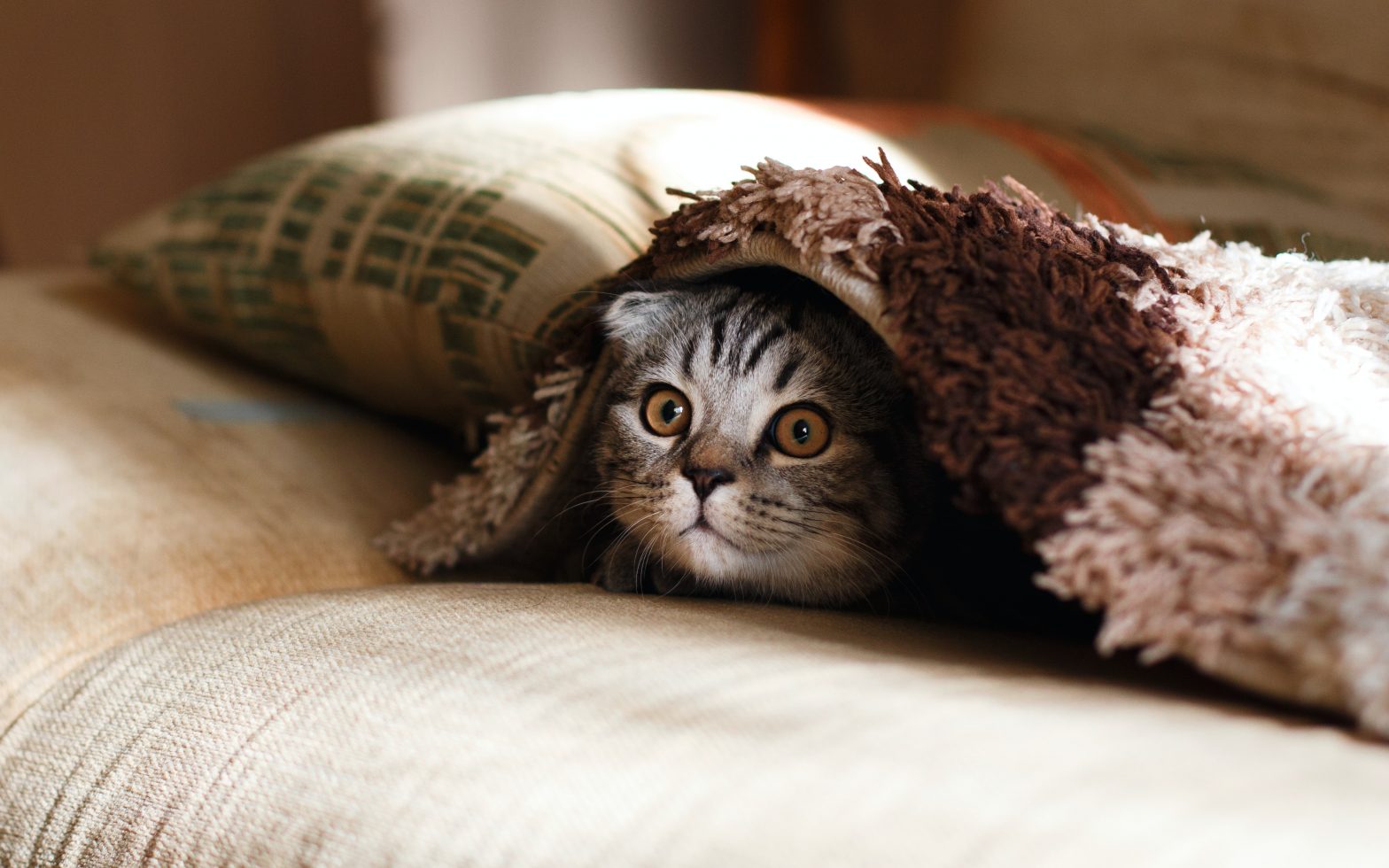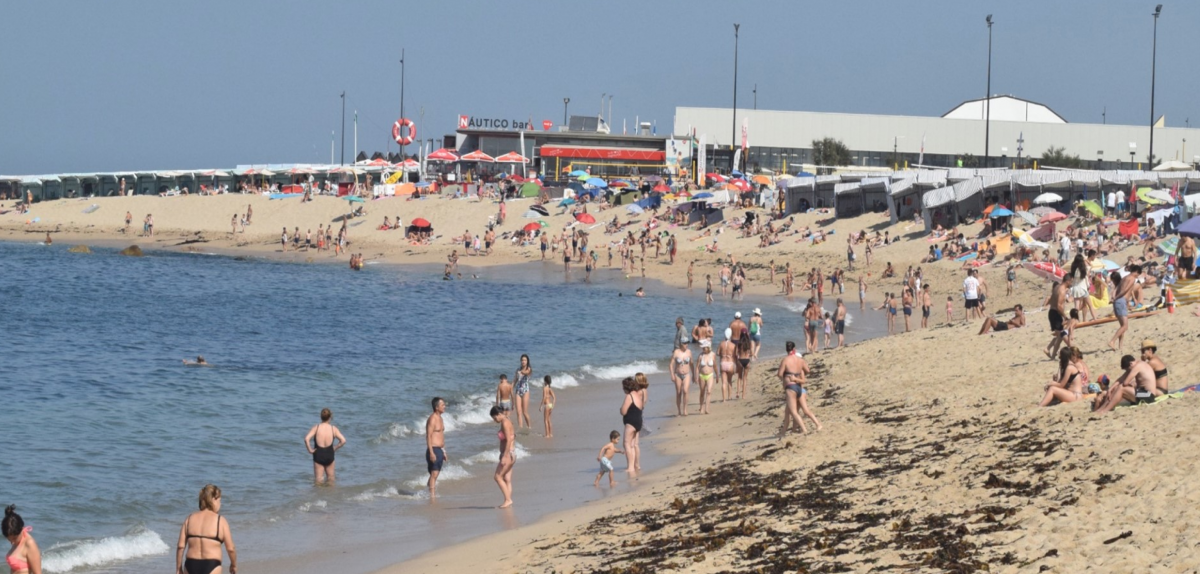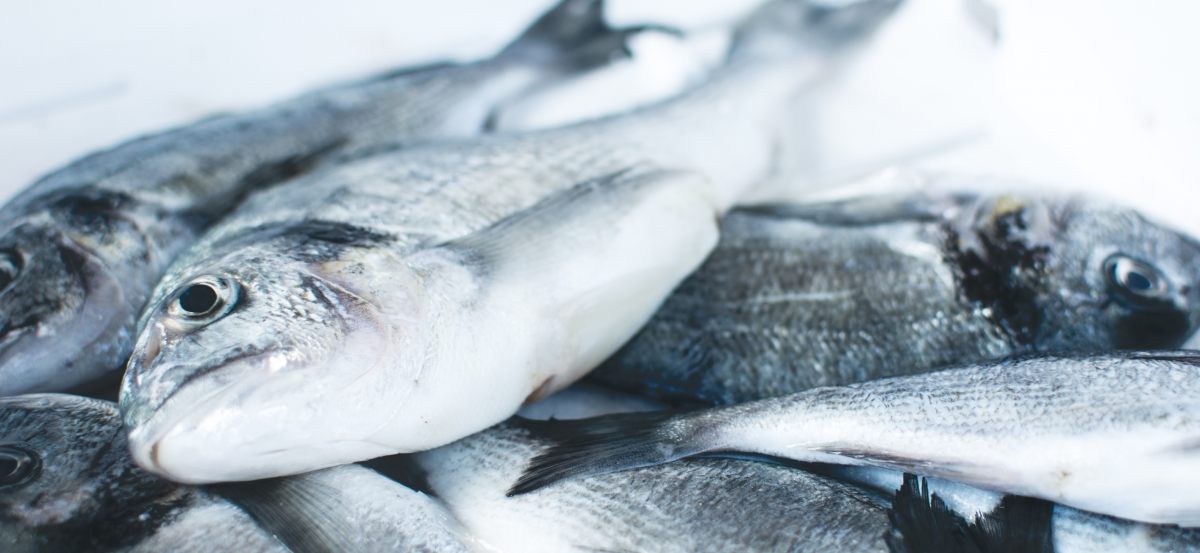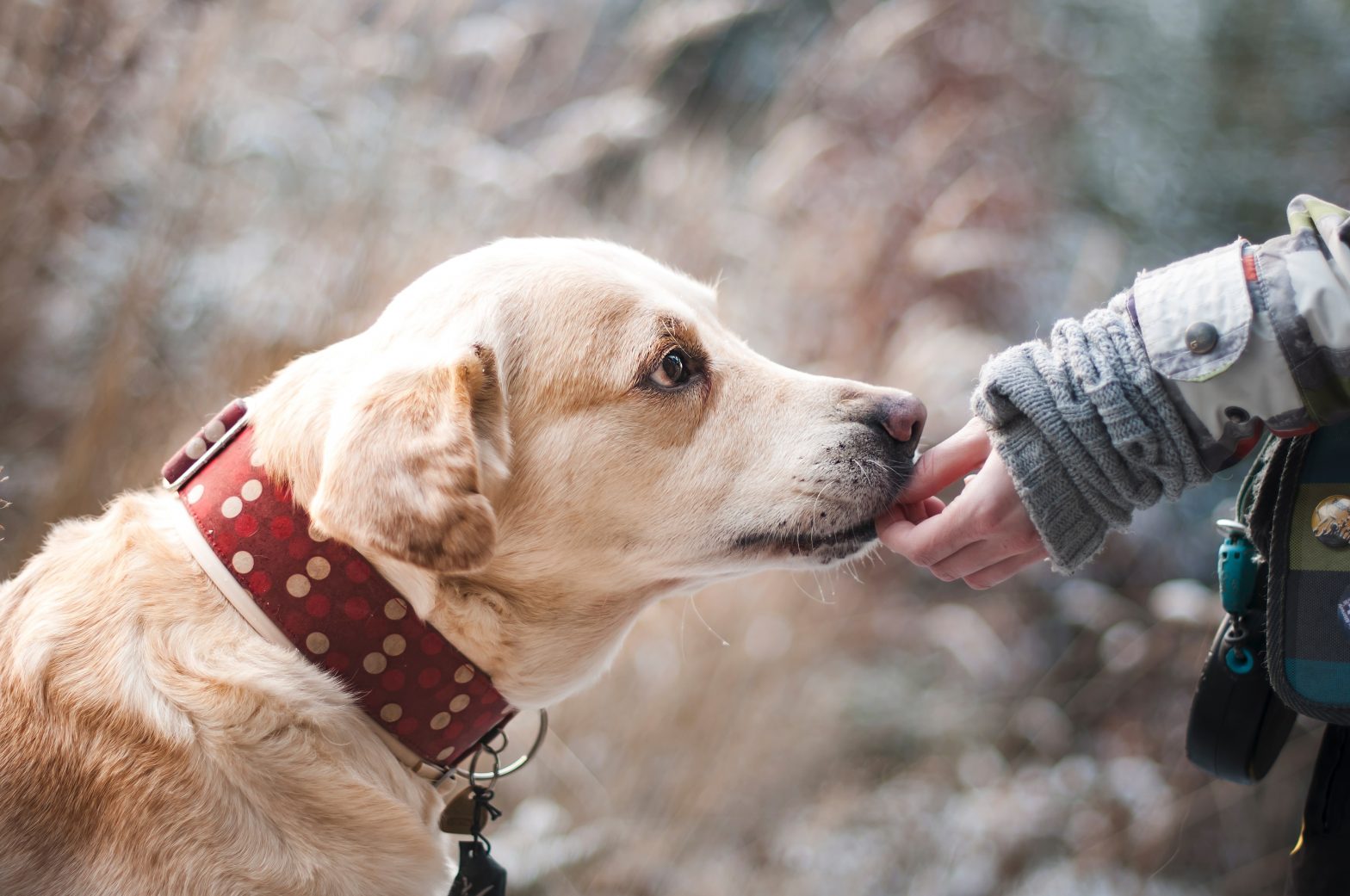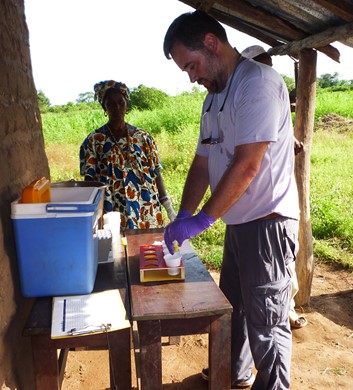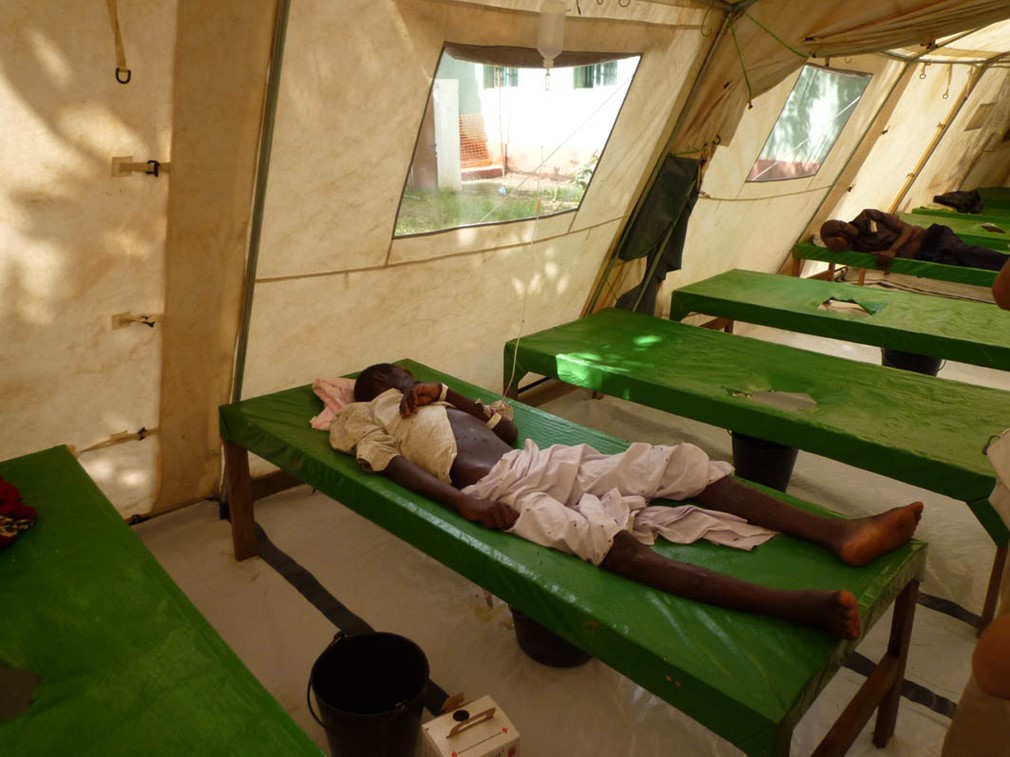A diverse panel of experts from human, animal and environmental health got together, last November 3rd (International One Health Day), to discuss the One Health approach. The stage was the “1st Porto One Health Day”, organized by the Instituto de Ciências Biomédicas Abel Salazar (ICBAS) of the University of Porto in collaboration with different research units of the city (CECA, CIIMAR, CIBIO-InBIO, CI-IPOP, FCUP, ISPUP, i3S, REQUIMTE, UMIB).
The One Health approach recognizes the connection between people, animals, plants and the environment, and aims to provide a scientific and technical response that makes it possible to prevent, detect, contain, eliminate and respond to public health threats caused by agents and events hazardous to human and animal health.
Foi sob esta perspetiva que se focaram as nove sessões do “1st Porto One Health Day”, versando sobre vários temas que concentram em si uma visão holística da saúde: segurança alimentar, alterações climáticas, interação entre humanos e animais, resistência a antibióticos, impacto dos oceanos na saúde humana, impacto da pandemia nos doentes com cancro, HIV e doenças emergentes.
This was a truly transdisciplinary meeting where an increasingly current issue was discussed. The objective of the organizing committee was fulfilled: "to bring together the main Research Units of Porto to discuss health problems together from the One Health perspective, with the purpose of identifying real solutions and potential partnerships".
One Health or the “way” to “restore our planet”
The event was attended by the co-founder of the One Health Initiative, the American Laura H. Kahn. “One Health analysis of food safety and security, antimicrobial Resistance, and Climate Change in the 21st Century” was the title of the presentation which demonstrated the transversality and applicability of this concept.
“We urgently need to restore our planet. The One Health concept, which recognizes that life on Earth is interconnected, must be the way. For this, we must educate the new generations. One Health must be the basis not only for scientific research, but also for the development of policies, education and literacy”, highlighted the physician and researcher in health policies.
The director of ICBAS, Henrique Cyrne Carvalho, closed the event with the certainty that “the second step of this long journey that we are now starting will be the realization of consensus reflections on the discussed topics, which will allow us to reach decision makers, who are still unaware of the importance of the alert that we are now evoking.”
“Health deserves our extreme care, because it is the genesis of balance and sustainability. We are not going to stop as long as we feel that, albeit tenuously, we are working to find that balance”, concluded the director.
A local but international event
The event was hybrid, with all the presentations being performed in person and also broadcast online. The conference was recognized and shared by the international initiative One Health Day, receiving more than 300 registrations online. In these entries, a total of 83 institutions were represented, of which 69 Portuguese and 17 foreign. The event had participants from Brazil, Canada, Ecuador, Spain, United States, Ethiopia, Finland, Italy, Ireland, Norway, United Kingdom and Sweden, which reinforces the interest, scope and relevance of the One Health concept at an international level.
Text: Begoña Pérez Cabezas (Adapted from ‘Notícias da Universidade do Porto’)


